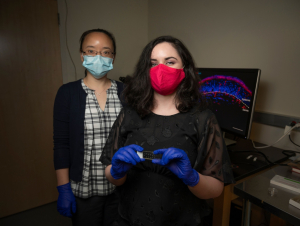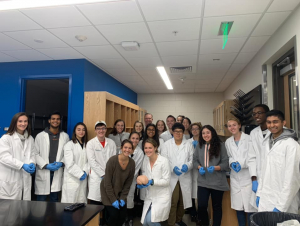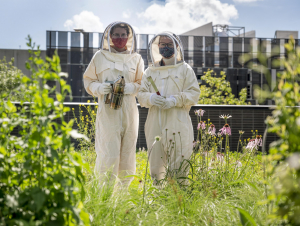To request a media interview, please reach out to experts using the faculty directories for each of our six schools, or contact Jess Hunt-Ralston, College of Sciences communications director. A list of faculty experts is also available to journalists upon request.
News Center
Experts In The News
In a video interview published by 11 Alive, School of Chemistry and Biochemistry faculty Mike Evans explains the science behind two classic summer traditions: fireworks and grilling.
11 Alive July 3, 2025Thursday’s meteor captivated many across the Southeast, but perhaps no one was quite as thrilled as the amateur meteorite chasers who track down bits of space rock and the astronomy researchers whose lifework is analyzing space activity.
Toshi Hirabayashi, a Georgia Tech associate professor who studies space operations, celestial mechanics, and planetary science, quickly began analyzing videos of the fireball Thursday “just for fun.”
Based on his rough calculations, the object was moving “definitely faster than 10 miles per second” or roughly 36,000 mph, he said.
While it’s fun to see smaller meteorites hit the Earth, it’s critical to prepare for when a larger meteor comes blazing in and does real damage. In 2013, a meteor the size of a house exploded 14 miles above Russia, Hirabayashi said.
“We are working so hard to monitor, as well as develop technologies to defend Earth,” he said.
Hirabayashi was also cited in articles published by FoxWeather and WSB TV.
Atlanta Journal Constitution June 25, 2025







